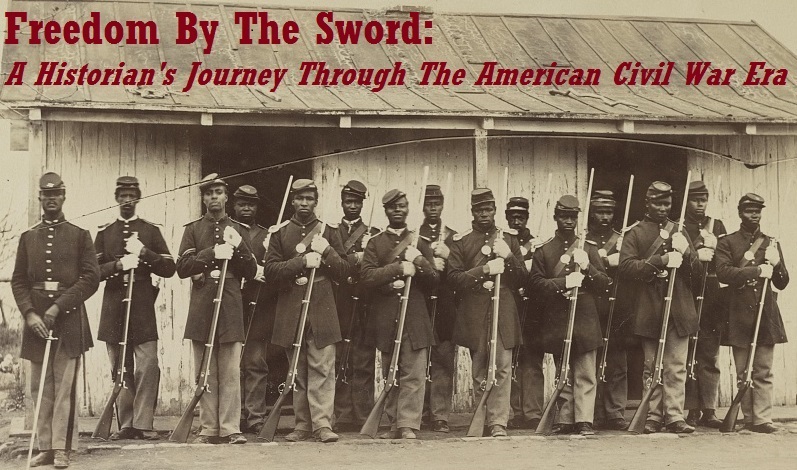When the maelstrom of war swept through Europe during the summer of 1914, many vacationing Americans were caught up the in tide of events and found themselves unwitting witnesses to the opening rounds of the First World War. One such Americans was none other than Mary Custis Lee – the oldest daughter of the famous Confederate general Robert E. Lee. Ms. Lee had been travelling abroad for nearly a decade by the time that war broke out and had resided in France, Germany, Italy, and even Egypt. She happened to find herself in Germany when that country violated Belgian neutrality and the dominoes began to fall, ensuring that what many thought would be a short European war would develop into a global conflict. Wisely deciding that she had better return to the United States, Ms. Lee managed to work her way through Holland to London, where she gave a fascinating interview to the New York Times as she awaited transport to the U.S.
 |
| Mary Custis Lee, 1914 |
From the 22 October 1914 issue of The New York Times:
LONDON, Oct. 21.—Miss Mary Lee, the only surviving daughter of Gen. Robert E. Lee, has just reached London from Hamburg via Rotterdam, and to-day she gave the correspondent of THE NEW YORK TIMES a striking interview at Hyde Park Hotel, where she will stop until she sails for America.
I am a soldier's daughter," she said, "and descended from a long line of soldiers, but what I have seen of this war, and what I can foresee of the misery which must follow, have made me very nearly a peace-at-any-price woman."
A battalion of Lord Kitchener's new army was marching by directly beneath the room in which Miss Lee was speaking. They started to sing "It's a Long Way to Tipperary," and Miss Lee, who had never heard this now imperishable music hall ballad, went to the window and stood for some time silently looking at the column of khaki-clad men below her. When she turned to speak again there were tears in her eyes, and her voice broke.
"My father often used to say," she said, looking straight at a table on which was a picture of Lord Kitchener, autographed by "K. of K." himself no longer ago than last Christmas, "that war was a terrible alternative, and should be the very last. I have remembered those words in the last three months, and I often wonder and wonder with many misgivings if in this case war was the last alternative. As I say, I am a soldier's daughter, and got my first full view of life in the dark days of one of the world's great civil wars, but it has been an altering experience for me to watch, one week in Germany and the next week in England, the handsome, the strong, the brave of both countries marching away to kill or to get killed, perhaps to return no more, perhaps to return maimed and useless men. My father used to say it was not those who were killed in battle—often a quick and always a glorious death for a soldier—but those who, crippled and mangled and enfeebled, faced after the war a world that they could not understand and that had no place for them.
"I think of all of this and ask myself why must it be? What can be worth it? I feel close to the English people, and particularly close to the English Army. I have known many English officers and their wives and daughters. Last Winter, in Egypt, I had the privilege of seeing something of Lord Kitchener, and I have a high admiration for him. But much of what I see in the English press seems hysterical and without reason. The spy mania, for instance, and the senseless calling the Germans Huns and Vandals. I have known many German military men, and I cannot believe that these men are what the English imagination has painted them.
"From the beginning of the war I have been neutral. I have tried to follow President Wilson's advice in word and deed. My sympathy is with suffering wherever it exists—with the brave men who are fighting and suffering in the trenches and the brave women who, in practically all the homes of Europe, are waiting and suffering."
Mary Custis Lee, the last surviving child of Gen. Lee, would live to see the full realization of trench warfare and even lived to see the Armistice. She passed away on November 22, 1918.

Thank you for sharing this important piece of history. Great find!!
ReplyDelete